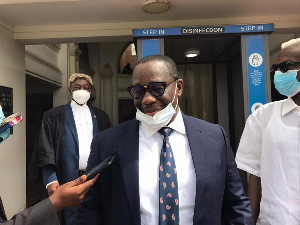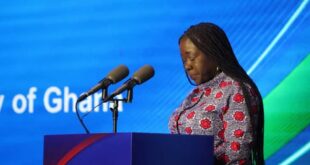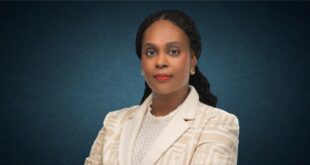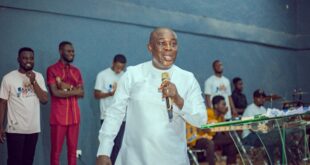This was after the High Court in Accra presided over by Justice Henry Anthony Kwoffie had dismissed a motion from the accused persons against the defense relying on witness statement as the mode for the trial.
The State and defense counsel in the matter had made varied submissions in the mode of trial.
The court while ruling on the application stated that it would adopt the use of witness statements as Evidence-in-Chief.
To this end, the prosecution was ordered to call its first witness on January 21, 2022.
The prosecution had prayed the court to allow the State to use witness statements as evidence in chief.
The prosecution said it would be relying on their witness statements from all the 10 witnesses it intended to call and some documents would also be tendered through the witnesses.
Mr. Richard Gyambiby, Principal State Attorney (PSA), had argued that no harm would occur to the accused persons if witness statements were allowed as evidence in chief.
He contended that, it would be a complete waste of time for the witnesses to come and state what they had written and that it would defeat the objectives of a fair trial, which the court was supposed to uphold.
According to him, the Practice Direction of the Courts only acted as a guideline, therefore, a judge considering a matter could use his or her discretion in favour of a fair trial.
He cited Section 69 of the Evidence Act, (the Evidence Act of 1975) to buttress his point, adding that, it lays in the bosom of the judge to order the mode, manner, and order of how a trial should be done or conducted.
The prosecution said the overriding objective of a criminal trial was to ensure efficient and expeditious trial, noting that the accused persons’ lawyers had not been able to tell the court they would suffer any miscarriage of justice.
With two out of five Defence counsel indicating to the court that they would be calling defense witnesses, they variously submitted that prosecution witnesses should be made to mount the witness box so their demeanour would be ascertained.
It was the case of Abednego Tetteh Mensah who represented Ernest Thompson, said: “We want the witnesses to come into the box so we can look at their demeanour.”
Mr Mohayideen contended that what was stated in the Practice Direction was subject to agreement by both defense counsels and prosecution.
He was of the view that the accused persons needed to be given all they needed to defend themselves.
Paa Kwasi Abaidoo, who represented Caleb Kweku Afaglo, ex-head of Management Information Systems, SSNIT, said he wanted to see one Mary Negetey, a prosecution witness, who at all material times, was a subordinate of a superior who dealt with his client.
Abaidoo said, his client never dealt with Ms Negatey and said, “we want to see her and confront her with some of the things she had stated on paper.”
Charges
They are being tried over the $66million SSNIT Operational Business Suite (OBS project), which was meant to revamp the operations of SSNIT through Information Communications Technology.
The five have denied the various charges -conspiracy to wilfully cause financial loss to the state and wilfully causing financial loss to the state.
Thompson and Kramer were jointly held over three counts of contravening the Public Procurement Act, 2003 (Act 663).
Afaglo and Kramer are also facing a charge of defrauding by false pretences.
Afaglo has been accused again of securing his employment at SSNIT with fake Certificates and he is also said to have possessed forged documents and authored the said forged certificates.
The five accused persons have pleaded not guilty before the court presided over by Mr. Justice Henry Kwofie, a Court of Appeal Judge, sitting with additional responsibility as a High Court Judge.
 Home Of Ghana News Ghana News, Entertainment And More
Home Of Ghana News Ghana News, Entertainment And More





